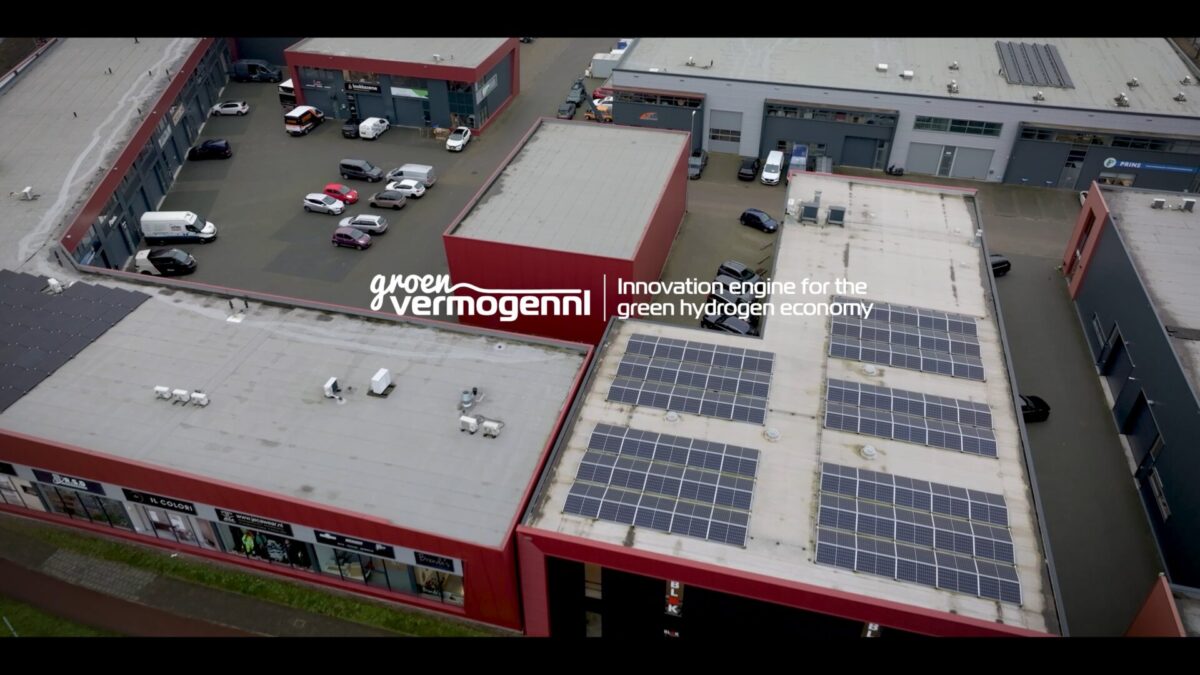HyCARB: hydrogen and green electrons for carbon-based chemistry
Theme:
R&D
Duration:
2025-2030
Project coordinator:
Martijn de Graaff
Subsidy:
€35 million (private: €10 million)
Plastic products made from carbon-based chemicals are vital to our daily lives. They are found everywhere, and global demand is expected to double by 2050. The problem is that fossil resources are finite, and their production generates substantial CO₂ emissions. Transitioning to innovative processes based on green hydrogen can make production cleaner and more sustainable. However, new breakthrough technologies are needed to achieve cost- and energy-efficient, sustainable production of fuels and chemicals. Over a five-year period, the broad HyCARB consortium explores these possibilities.
HyCARB: goals and actions
The goal of HyCARB is to reduce CO₂ emissions in the chemical industry by integrating green hydrogen and green electrons into industrial production processes. Examples include catalytic cracking of crude oil fractions, methane activation, and selective oxidation of molecules. Around these new sustainable production methods, the consortium aims to build an innovative supply chain of high-tech equipment for the international chemical industry. The partners are committed to strengthening the innovation ecosystem, as well as promoting talent development and knowledge exchange.
The project consists of several research lines. The first focuses on using green hydrogen combined with CO₂ as a feedstock for producing fuels and platform chemicals. The second also focuses on producing fuels and platform chemicals but through innovative electrochemical conversion processes using electrons. The third explores the use of electrons to heat chemical conversion processes. The fourth research line investigates how the technologies from the first three lines can be combined to achieve higher yields, energy efficiency, and flexibility.
Results
HyCARB aims to enable the sustainable production of ten key chemical products, such as aviation fuels, syngas, methane, methanol, propylene, and ethylene. The project will deliver highly efficient, flexible, and robust technologies with low capital costs that are easily scalable and strongly integrated. Tangible outputs include new catalysts, adsorbents, prototypes, and pilot models.
The HyCARB consortium
The consortium consists of 16 knowledge organisations, including 9 universities, and 30 companies—23 clean-tech firms and 7 industrial end-users.
Consortium partners
Leiden University, University of Amsterdam, Wageningen University, Utrecht University, University of Twente, University of Groningen, Eindhoven University of Technology (TU/e), Delft University of Technology (TU Delft), Maastricht University, DIFFER, TNO, HAN University of Applied Sciences, Fontys, Hanze, Avans, Saxion, Ketjen, SGL Carbon, Brusche, Circonica, Dr Ten, FeyeCon, Sitech, DOPS, NEM, Brabetech, Johnson Matthey, On2Quest, Skytreem Power’o Power, SCW Systems, SolydEra, TEN, Anton Paar, Leiden Probe Microscopy, Thermo Fisher, Bruker, Fluidwell, LyondellBasell, Avantium, Blue Circle, Nobian, Repsol, Shell, Toyota.
This is how we work together on the theme of hydrogen and green electrons for carbon-based chemistry
The use of renewable hydrogen, produced directly from green electrons or by using green electrons directly, can make existing chemical conversion processes more sustainable.
In this video, you’ll see how various stakeholders collaborate in workshops to develop advice and research that support the successful implementation of green hydrogen systems.

If you have any questions regarding this project?
Please contact:
Project leader: Martijn de Graaff or

Carol Xiao
Programme Manager




